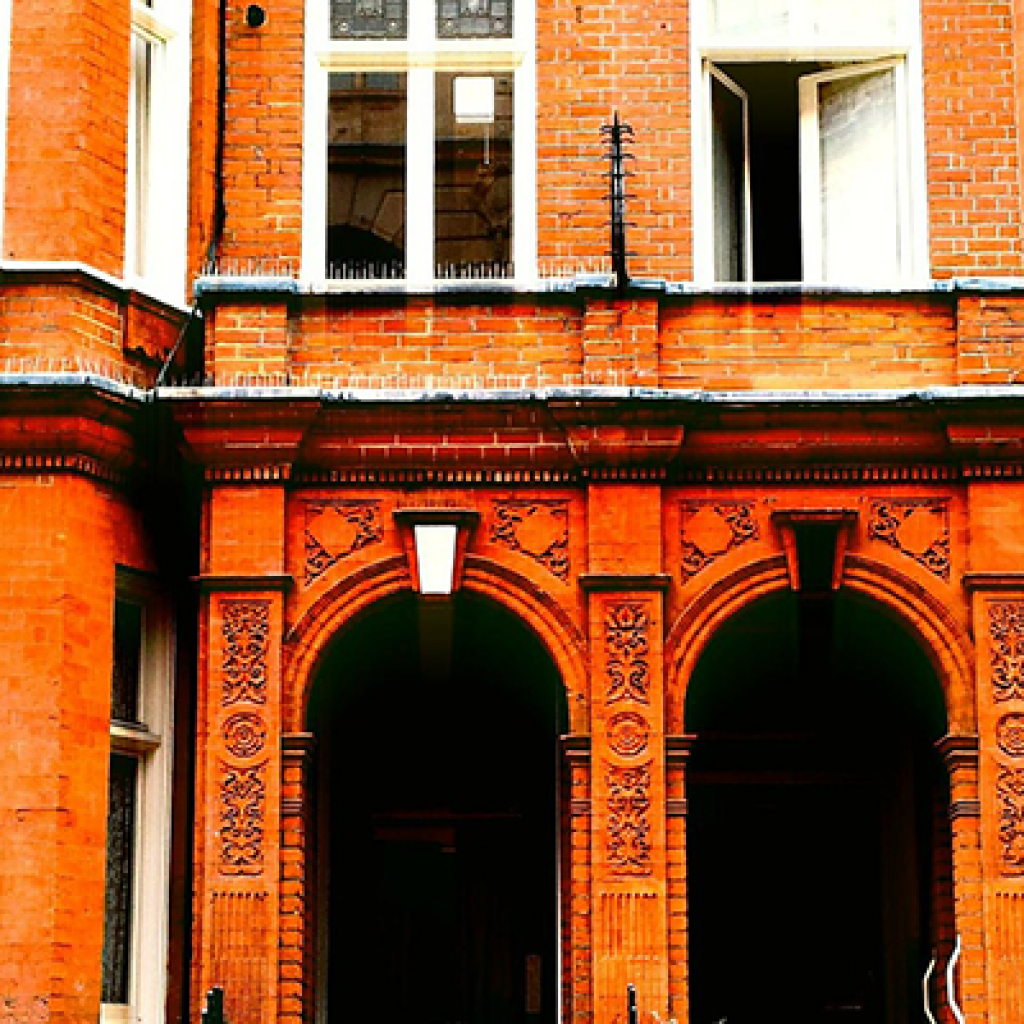- UK house prices increased by 5.7% in the year to June 2015, up from 5.6% in the year to May 2015.
- House price annual inflation was 6.1% in England, 0.8% in Wales, 9.0% in Northern Ireland and -0.6% in Scotland.
- Annual house price increases in England were driven by an annual increase in the East (9.2%) and the South East (7.7%).
- Excluding London and the South East, UK house prices increased by 5.2% in the 12 months to June 2015.
- On a seasonally adjusted basis, average house prices increased by 0.4% between May and June 2015.
- In June 2015, prices paid by first-time buyers were 5.1% higher on average than in June 2014. For owner-occupiers (existing owners), prices increased by 6.0% for the same period.
The Office of National Statistics (ONS) House Price Index for June 2015 shows continued increase in house prices, with the increase in annual price paid figures for both first time buyers and home movers exceeding 5%.
This seemingly endless cycle of lack of supply and booming demand is putting pressure on the residential property market – but what does this mean for conveyancers?
More demand for properties should mean conveyancing firms should be reaping the benefits, but with the number of homes consistently falling behind, should conveyancers be concerned about the effects in coming months?
Andy Knee, Chief Executive of LMS, comments: “A shortage of housing supply has driven prices up in recent months, compounded by a rise in activity throughout the summer months. Demand is high, and house price growth is no longer restricted to the South: the East of England saw the biggest annual increase in June. As houses continue to get snapped up and supply lags behind, there will be no letting up in house price increases. This means it will not just be first-time buyers that are increasingly restricted, but also younger families hoping to move up the property ladder.
“Mounting speculation about a base rate rise is also spurring activity, with hopeful buyers looking to purchase now to lock in competitive rates while record low mortgages are still on offer. An interest rate rise – however small – would impact household budgets and see monthly payments increase.
“Slow wage growth continues to be a factor for those hoping to buy a home, and rising house prices means saving enough for a deposit is a difficult challenge. It is vital government and the housing sector assess how they can tackle this and the issue of housing supply to improve affordability, so homeownership isn’t restricted to those lucky enough to have support from the bank of mum and dad.”
Richard Sexton, Director of e.surv chartered surveyors, comments: “The housing market recovery is no longer being pulled along by London. Rather, it is regions like East Anglia and the South East that are marching forward. These areas have witnessed strong economic revival, driven by a recovering job market that has created pockets of higher activity in the local housing markets. Some buyers are rejecting London and are looking to cheaper surrounding areas as an alternative to the capital’s pricey housing market. This influx of interest in the Home Counties and the southern belt has added to the demand, pushing up property prices in these regions.
“In a step change on recent months, house price growth is being driven forward by home movers rather than first-time buyers. The threat of a base rate rise is drawing closer, and house purchase lending is starting to falter as mortgage approvals are temporarily falling back. Despite the continued availability of a wide range of cheap deals, there is some hesitation in the market with media publicity around the withdrawal of a few of the cheapest deals tainting buyer confidence. Some first-time buyers in particular are feeling nervous about the change on the horizon. However, there are still many support schemes in place, including the Help to Buy ISA, which will come into play at the end of the year to help first-time buyers onto the ladder. Furthermore, MMR has ensured that any new buyers given a mortgage will be rigorously scrutinised to make sure they can afford any impending rate rise.”
Peter Rollings, CEO of Marsh & Parsons, comments: “The flavour of property price growth across the country is more vanilla than some of the spicier rises we’ve become accustomed to, with overall average values increasing by only small measures in the month to June.
“Price rises in London continue to be overpowered by the East and South East for the moment, but there’s a different mix of ingredients now at work in the capital. Costlier property taxes at the highest rungs of the market have forced London off the boil, and dampened the appetite in the market momentarily. There are signs that London buyers are starting to swallow these increased stamp duty costs, and during the second quarter of the year, we saw buyer registrations soar by 17% – up against a supply boost of just 10%. This fundamental imbalance will ensure price growth simmers on into the autumn, and in the Prime market we’ve already seen property values start to solidify again, recording the first quarterly rise since September 2014.”
Are you embracing the property price rises, or is the lack of stock affecting your business? Do you think home buyers will eventually admit defeat and face not owning or moving up the property ladder as soon as they’d hoped?
Please let us know your thoughts on this subject in the comment section below.




















